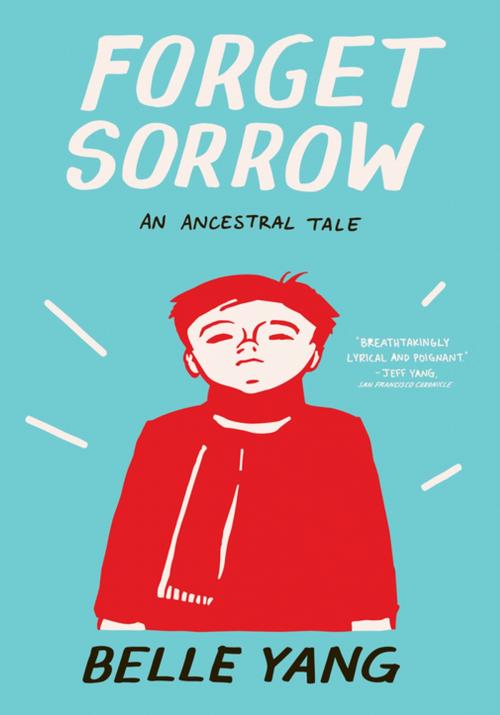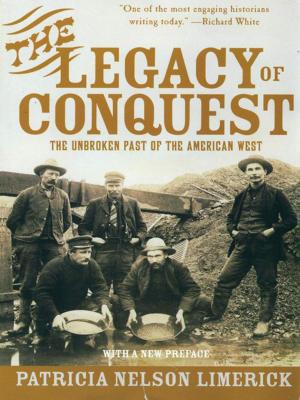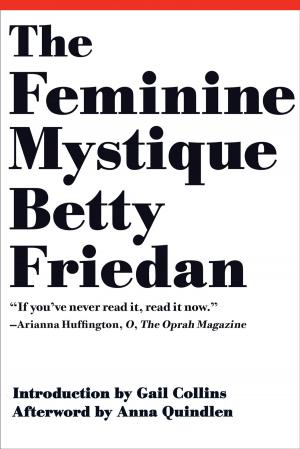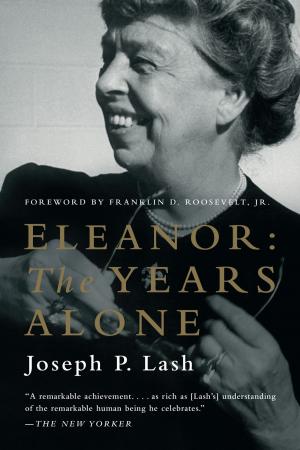| Author: | Belle Yang | ISBN: | 9780393634815 |
| Publisher: | W. W. Norton & Company | Publication: | June 6, 2011 |
| Imprint: | W. W. Norton & Company | Language: | English |
| Author: | Belle Yang |
| ISBN: | 9780393634815 |
| Publisher: | W. W. Norton & Company |
| Publication: | June 6, 2011 |
| Imprint: | W. W. Norton & Company |
| Language: | English |
“A healing portrait drawn in epic ink strokes.”—Elle
When Belle Yang was forced to take refuge in her parents’ home after an abusive boyfriend began stalking her, her father entertained her with stories of old China. The history she’d ignored while growing up became a source of comfort and inspiration, and narrowed the gap separating her—an independent, Chinese-American woman—from her Old World Chinese parents.
In Forget Sorrow, Yang makes her debut into the graphic form with the story of her father’s family, reunited under the House of Yang in Manchuria during the Second World War and struggling—both together and individually—to weather poverty, famine, and, later, Communist oppression. The parallels between Belle Yang’s journey of self-discovery and the lives and choices of her grandfather, his brothers, and their father (the Patriarch) speak powerfully of the conflicts between generations—and of possibilities for reconciliation.
Forget Sorrow demonstrates the power of storytelling and remembrance, as Belle—in telling this story—finds the strength to honor both her father and herself.
“A healing portrait drawn in epic ink strokes.”—Elle
When Belle Yang was forced to take refuge in her parents’ home after an abusive boyfriend began stalking her, her father entertained her with stories of old China. The history she’d ignored while growing up became a source of comfort and inspiration, and narrowed the gap separating her—an independent, Chinese-American woman—from her Old World Chinese parents.
In Forget Sorrow, Yang makes her debut into the graphic form with the story of her father’s family, reunited under the House of Yang in Manchuria during the Second World War and struggling—both together and individually—to weather poverty, famine, and, later, Communist oppression. The parallels between Belle Yang’s journey of self-discovery and the lives and choices of her grandfather, his brothers, and their father (the Patriarch) speak powerfully of the conflicts between generations—and of possibilities for reconciliation.
Forget Sorrow demonstrates the power of storytelling and remembrance, as Belle—in telling this story—finds the strength to honor both her father and herself.















